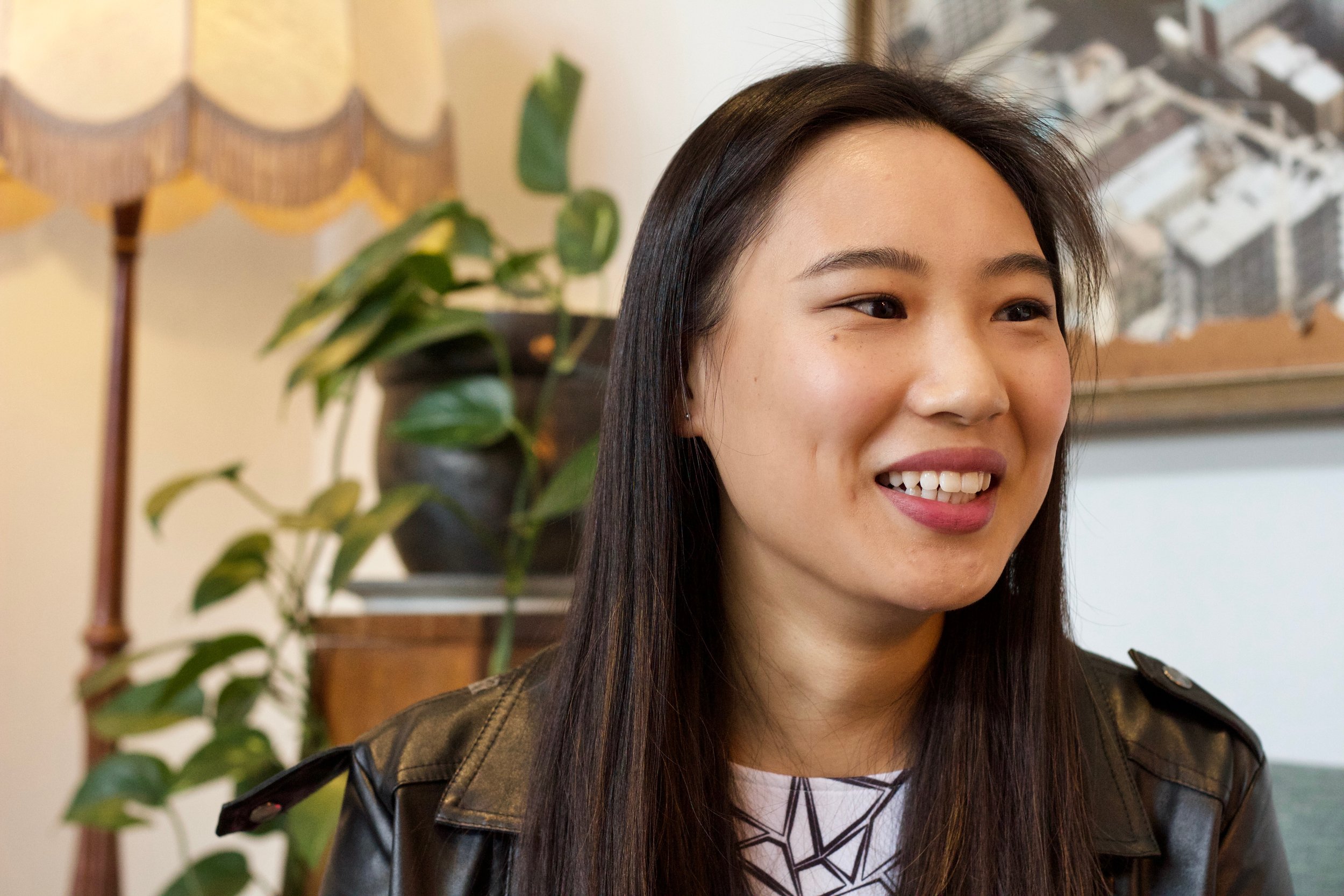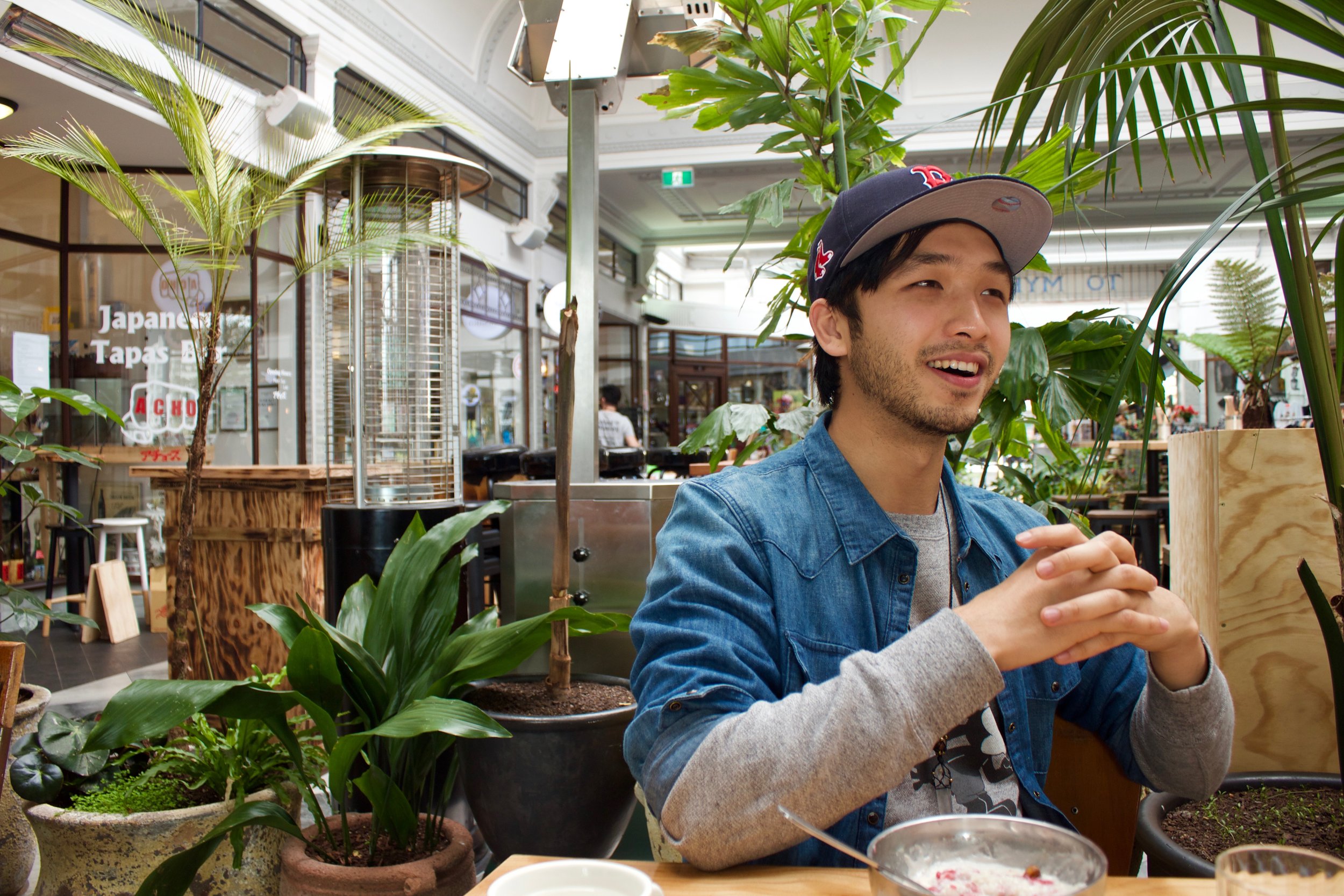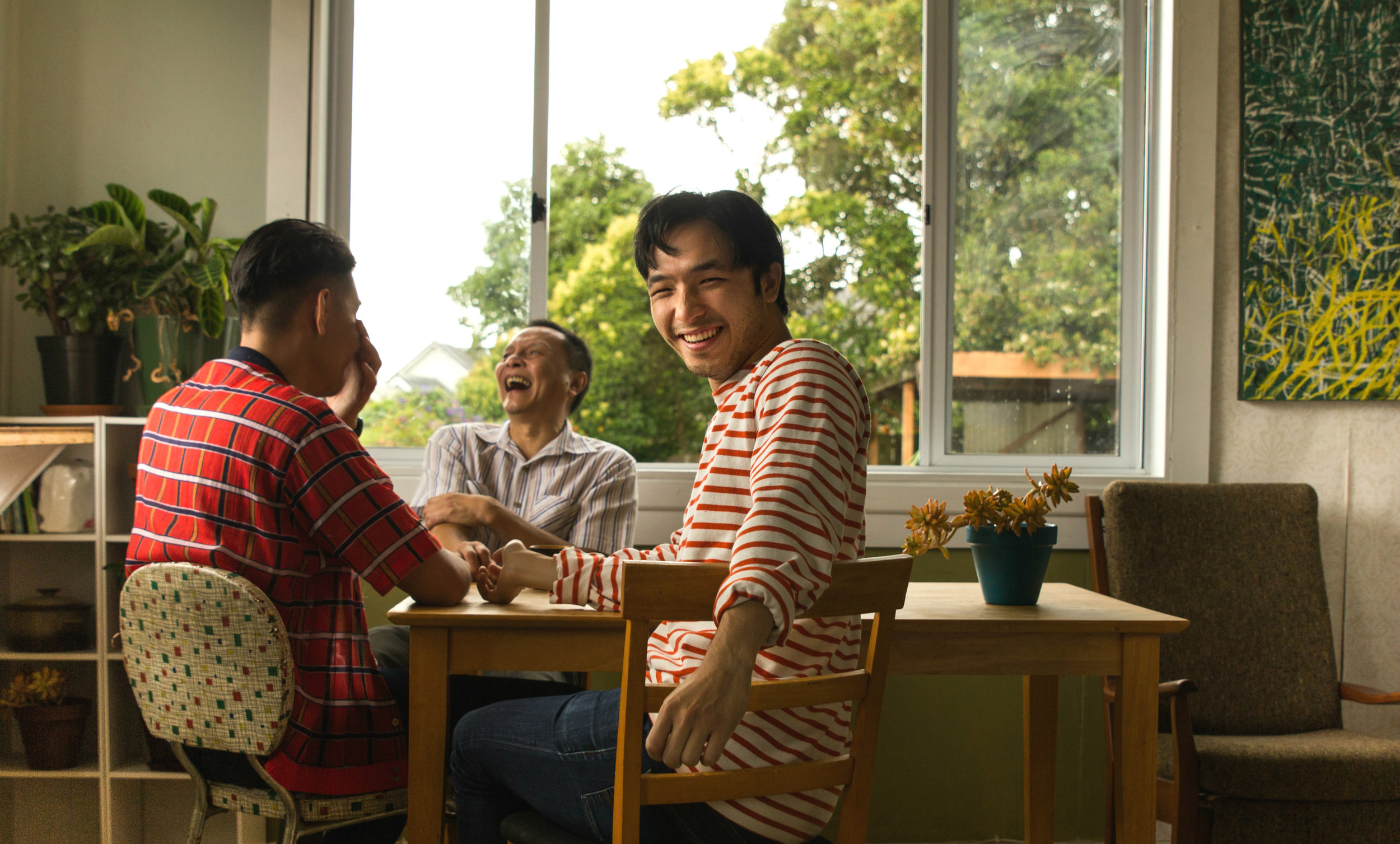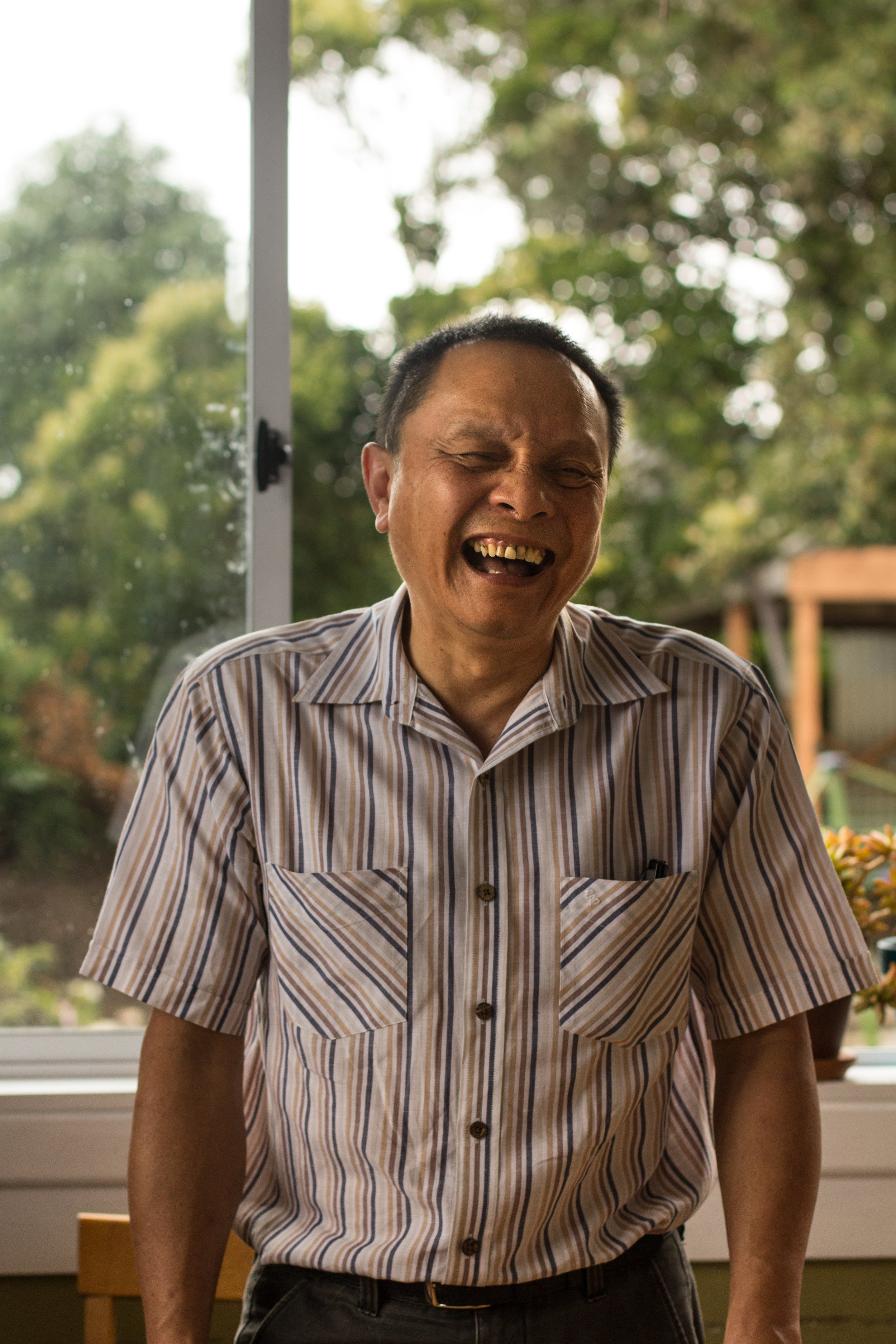“I’d like to see more original stories that include multicultural and multi-dimensional characters. Completely flawed characters that have a need to make the world a better place for themselves or for others. I think that’s what we’re all trying to do”
Xana Tang’s had a hell of a year. Known for playing the delightfully offbeat assistant ‘Cherry’ in seasons one and two of Filthy Rich, Xana is a hilarious and nuanced actress and a force to be reckoned with. Xana had her big break when she was still in high school, being cast in a leading role in Kiwi feature ‘Matariki'. Soon after she appeared as the lead in thedownlowconcept’s Greyhound racing television comedy series 'Hounds'.
After working her way through New Zealand TV and film and joining the world of casting and editing, this year she was cast on ABC-Netflix comedy series ‘The Letdown’. She then went straight into shooting for SBS series ‘Dead Lucky’, starring Rachel Griffiths and fellow Kiwi Yoson An.
After a whirlwind year, PAT's director Chye-Ling Huang caught up with Xana about her most recent project, life on set and the differences between shooting a series in Australia and New Zealand.
Tell me about your role on Dead Lucky, what is your character like, and are you similar?
I play Bo-Lin Tan a Chinese international student who is a talented Violinist and aspiring musician. She’s adventurous, free-spirited and isn’t afraid to stand up to injustice and take matters into her own hands. I think we’re both incredibly cheeky and can make light of any situation. Other than that, she’s way cooler than me.
How did you get cast? What was the audition process like?
I was in Sydney on another project (The Letdown) and was tossing up between going home a week earlier or to stay. When I wrapped the project, the Dead Lucky audition came up (my first audition in an Australian casting studio!) and they recommended that I should stay in case I got a callback. If I left to come home that week, things would have turned out very differently!
Yoson An, fellow Kiwi on Dead Lucky, talks about his character, Charlie Fung, being a refreshing, multi-dimensional Asian role. Did you feel the same way about Bo-Lin?
When I read the brief, it sounded like the typical Asian girl, wanting to play music but her strict parents won’t let her. But then, reading the script I instantly fell in love with the character because it wasn't just her wanting to follow those dreams - her deciding to come to Australia was about a desire for freedom. Her having a boyfriend, of a different culture, the way they speak to each other about each other and their future, that added more layers and made her more human.
Your character is an immigrant to Australia, recently becoming a contentious topic over the election. What was it like being in those shoes?
I think it’s important to tell those stories; to be honest everyone is an immigrant from somewhere. They all have a unique story to tell of where they came from, why they chose that country, and what they see for their future. They all have reasons why they had to leave, and what that place means to them; with the likes of my family, my Dad didn’t have a choice to come here, whereas my mum did. But again, it’s those stories of sacrifice, sacrificing everything they knew and had to have a better tomorrow, and then there are people, locals who will say “why are you here?” and question them. It’s like, you didn’t leave everything behind so that you could get bullied in a new country. You want to start afresh and you want to become a part of a community that wants you.
What’s surprised you or what have your learnt on Dead Lucky?
Straight off the bat, I have no special skills other than acting. My character, Bo-Lin is the super cool Asian your mum would compare you to growing up. I had to learn to swim (in the ocean), play the Violin, speak Mandarin and have an authentic Chinese accent. I worked closely with Mojean Aria (plays Mani, Bo-Lin’s boyfriend), who won the Heath Ledger Scholarship this year. I never met him at the callback stage, so he was the biggest surprise. I have so much respect and admiration for this guy, because not only did we form this naturally strong connection, but he also developed into a mentor-like figure for me. Working with him in rehearsals and on set was both a challenge (in the best way possible) and a dream.
How do you approach acting a love story with an person you’ve only just met?
We understood that, yes the show follows the two detectives (Yoson and Rachel) solving this crime, but the crux of the whole series is the love that these two characters have for each other. We knew that if we didn’t work on it and the chemistry wasn't right, the whole story would fall over. When we started to shoot, majority of the time we only got two takes max for every scene, so we both decided that we needed to rehearse off set and know exactly what we’re doing before we got on set.
I think being emotionally open and finding things you genuinely love about another person’s soul is the best way to act like you’re in love. That way you don’t need to force yourself to love them or act at all infact, you just do and that’s one less thing to worry about.
What’s been the most fun shoot day you’ve had so far on Dead Lucky?
The nature of the show rides on relatively high stakes so the whole shooting process was a lot of fun. One scene that will always stick with me is when Bo-Lin and Mani (Mojean’s character) get into a very heated argument. Without giving too much away, the scene is a pivotal point in the story shifting the mood for the rest of the series. I remember I was so in Bo-Lin’s headspace, that when they called ‘cut!’ I just crumbled to my knees and wanted to cry. I was emotionally exhausted. I know - very dramatic. But that’s how much emotional and mental energy it should take to truly be immersed in someone else’s world.
Who are your heroes on screen?
Growing up I watched a lot of Hong Kong TVB Dramas. Journey to the West 1996 version with Dicky Cheung and Wayne Lai are still my favourite actors of all time. I love Sandra Oh, Adelaide Kane, Viola Davis. All incredible, smart and strong humans.
Xana on Matariki (top left), Friday Night Bites (right) and Filthy Rich.
Do you find the Australian screen industry much different to New Zealand, and if so what are the main differences? Do you think there are more opportunities for non-white or Asian representation in Australia compared to New Zealand?
Hands down - New Zealand productions have a better biscuit/snack station than Australian productions. I know that’s irrelevant but I just needed to get that off my chest.
Australia is a much bigger country that has more money to fund projects, and I feel that means they have more creatives to generate original content than in New Zealand. They have the supply for the demand. As far as Asian representation goes, I think when New Zealand thinks of ‘diversity’ they mainly show white and Maori and/or Pasifika. When Australia thinks ‘diversity’ they show white and Asian.
What’s the funniest or worst casting brief you’ve gotten this year?
I’m very fortunate that I get to audition for a range of different roles and not get boxed into any stereotypes. I think it helps that I look 15 but can also play a 25 year old. The funniest casting brief I got was “Hot Asian Girl”, I’m not sure how the States define ‘hot’ or if they have a scale to measure the hotness, but I ticked the other two boxes.
What would you like to see more of on New Zealand screens?
Original stories that include multicultural and multi-dimensional characters. Completely flawed characters that have a need to make the world a better place for themselves or for others. I think that’s what we’re all trying to do, it’s human, it’s interesting and it’s so relatable.
What were the barriers you faced in becoming an actor?
The biggest barrier will always be the one I put in front of myself. It’s a bit of a self fulfilling prophecy. I think all actors would have gone through a similar process when they get a chance to audition for something, and they start doubting their capabilities to become this character before they even get in the room. I’m still learning to tell those thoughts to take a back seat and I’m getting better at it. If you don’t believe in your own potential, then why would anyone else?
Has race played a role in your acting career so far?
It hasn’t been a ‘thing that I play’ or that I got cast because I was from a certain cultural background, it was always “and you just happen to be Asian” end of story. It was only recently on Dead Lucky that I got to explore what it meant to be from a certain culture, embrace it and fearlessly bring that into the character and story.
Photos by Jen Huang.
Check out our interview with Yoson An, Kiwi actor who plays Charlie Fung on Dead Lucky, here.
